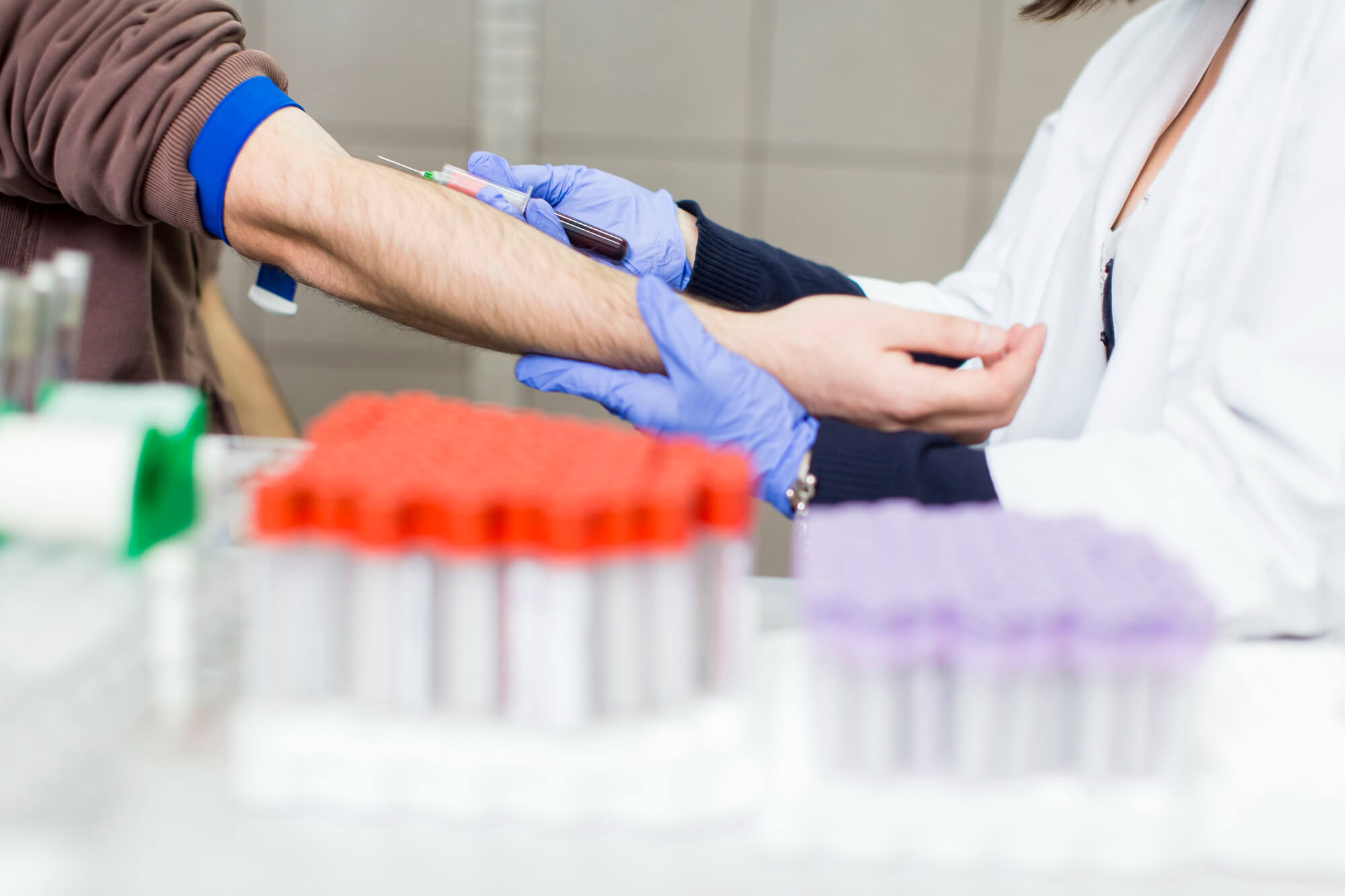Allergy to cottage cheese: how to recognize and treat it?


Irina Makarova
What is a curd allergy?
A curd allergy is a reaction of the immune system to the proteins in this product. Casein milk protein, which is the main component of curd, can cause allergies in some people, including children and babies. In this case, people who are allergic to cottage cheese may exhibit a variety of symptoms, from mild to severe.
Cheese curd allergy symptoms
Symptoms of curd allergy can vary from person to person. Some of the most common symptoms include:
- Skin manifestations: redness, itching, rash, swelling.
- Gastrointestinal symptoms: nausea, vomiting, diarrhea, abdominal pain.
- Respiratory symptoms: runny nose, difficulty breathing, coughing, sneezing.
In children and infants, curd allergy may appear in the form of colic, stool disorders, and atopic dermatitis.
Causes of curd allergy
The main cause of curd allergy is sensitivity of the immune system to the milk protein casein. In some people the immune system mistakenly perceives this protein as a harmful substance and begins to attack it, which leads to the development of an allergic reaction.
Diagnosis of curd allergy

To diagnose curd allergy, an allergist may prescribe the following tests:
- Skin tests: a small amount of cottage cheese extract is applied to the skin, followed by a puncture or scratch. The appearance of redness or swelling indicates the presence of an allergy.
- Immunoglobulin E (IgE) blood test: this test detects the presence of specific antibodies in the blood that may indicate a curd allergy.
In addition to tests, the allergist may also take a history, which discusses symptoms, foods, possible contact with allergens, and other factors that contribute to the allergy.
Cheese curd allergy treatment

The main method of treating curd allergy is to completely eliminate this product and other dairy products from the diet. It is important to read the contents of products carefully, as casein may be present in a variety of products not related to dairy.
Antihistamines
Antihistamines such as loratadine, cetirizine, or fexofenadine may be prescribed as a remedy to relieve allergy symptoms. They can help reduce itching, swelling, and other manifestations of the allergy.
In case of a severe allergic reaction, such as anaphylactic shock, epinephrine (adrenaline) should be given immediately with an auto-injector such as EpiPen and an ambulance should be called.
Preventing curd allergy
To prevent curd allergy in the child or infant, dairy products should be introduced gradually into the diet, starting with small doses and watching the reaction of the body. If allergic symptoms occur, you should consult your doctor.
Allergies to cottage cheese can occur in people of all ages, including children and babies. It is important to visit an allergist in a timely manner to make a diagnosis and prescribe the appropriate treatment. Preventing curd allergy involves avoiding contact with the allergen and following dietary guidelines. In case of allergy symptoms, antihistamines and, if necessary, epinephrine for emergency treatment should be used.
New materials
Popular Articles
We recommend reading
Contact us in the Contact Us section to ask questions, offer ideas, or for more information about our allergy resource.
Our articles are your trusted source of allergy knowledge. Learn how to make life with allergic reactions easier on our specialized portal.
©
Lechenie-Allergii.com. All rights reserved.
© Lechenie-Allergii.com. All rights reserved.
The information on this site is for informational purposes only and is not a substitute for professional medical advice. We recommend consulting with qualified medical professionals for accurate information and advice.
 English
English  Українська
Українська  Русский
Русский 









